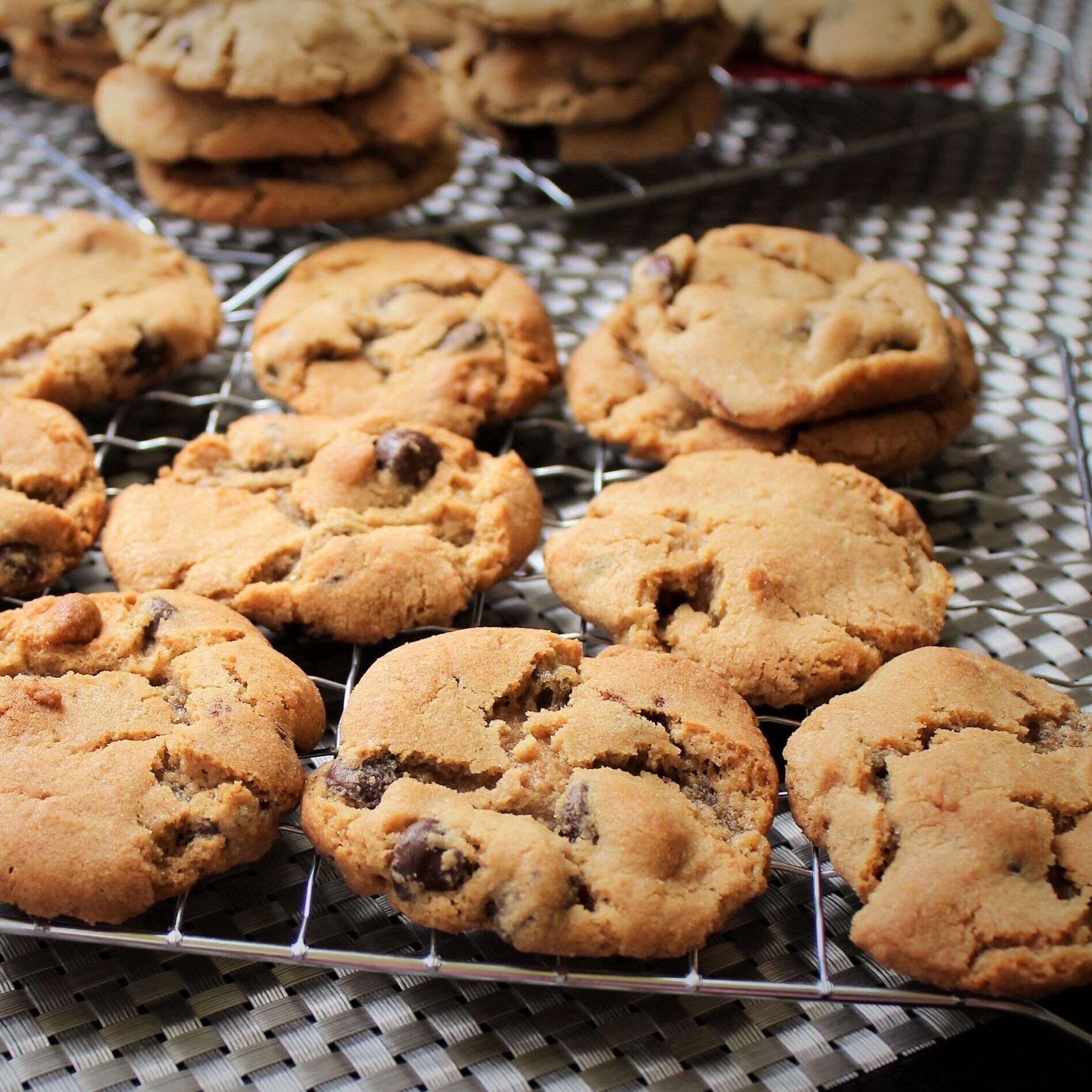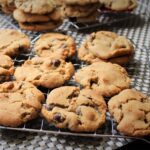
In a recent episode of my podcast, my guest mentioned that emotional eating is just one response to stress, a short term escape from whatever it is that we’re feeling.
I know exactly what she was referring to—for years, often when I was anxious, my go to strategy was to go to chocolate! Hello Cadbury Dairy Milk chocolate, my beautiful friend that brought me equal parts solace and regret.
Before developing healthy and helpful skills and strategies to manage my own stress and anxiety I, like so many, turned to comfort food to help me cope. To understand more about why stress and anxiety can prompt us to turn to foods high in fat and sugar for comfort I asked Carly Taylor to talk with me on my podcast ‘Well, hello anxiety.’
As a coach and nutritionist, Carly’s blend of experience and expertise made for a fascinating conversation. Her passion and purpose is to coach people to live well each day. Her approach encourages living a life based on values and purpose, as opposed to a life being dictated by thoughts and emotion.
Is Food the Answer?
In our chat about the impacts of overindulging in food as a coping strategy, Carly explained that food certainly feels like it’s the answer when stress and anxiety are high, especially in the short term. Eating can give you relief. It can even provide a pleasurable dopamine hit.
The problem is, in the long term, regularly overeating takes a toll on our physical and mental health. It can increase our risk of disease, impair our brain function, and ultimately increase stress and anxiety.
If you’re someone who frequently turns to comfort food, Carly invites you to ask yourself these important questions:
- Is this behavior taking me towards the person that I really want to be?
- Is it really how I want to treat myself?
When Carly mentioned those questions in our episode, they reminded me of a really helpful idea that I first read about in The Weight Escape: How to Stop Dieting and Start Living, a book by Joseph Ciarrochi, Ann Bailey, and Russ Harris.
The idea is called the “choice point.” Briefly, the choice point is a moment when it’s possible to choose between two different types of behaviour:
- One is moving away from the person you want to be, or moving away from the life you want to build.
- The other is moving towards the person you want to be, or moving towards the life you want to build.
While we’re often unaware of such choice points in our lives, when we can bring awareness to them, that mindfulness can help us avoid behaving in ways that are inconsistent with our values, and act in ways that align with our values.
After Carly and I discussed these types of behaviours, we then explored how our appetites can be distorted by high levels of stress.
I asked Carly for her advice for anyone who turns to food to decompress under stress.
Less Knowledge. More Action.
Carly’s answer highlighted what we know to be true—that it’s not a lack of knowledge around the impact of comfort eating on health that’s the issue, but there are other factors that influence our drive to eat under stress to consider. She recommends getting out of the library of knowledge, and getting into action.
Carly then talked about the fundamentals of getting ample exercise and restorative sleep. When it comes down to it, if you’re exercising and sleeping right, the chance you’ll feed your stress with food dramatically decreases.
For More Insights Into Controlling Your Cravings …
… be sure to listen to my episode with Carly Taylor on Apple Podcast, Google Podcasts, or Spotify.
Also, you can learn more about my “Well, hello anxiety” podcast on my website, you can learn about Carly’s mindset coaching at CarlyTaylorCoaching.com.au, and you can connect with Carly here on LinkedIn.


about
Jodi is on a mission to elevate mental health and wellbeing in families, classrooms and workplaces.


free 5-day
Calm your anxious brain
mini course

Recent Posts

free 5-day
Calm your anxious brain
mini course
Sign up for my free 5-day ‘Calm Your Anxious Brain’ email mini-course. Put the strategies into place for yourself, light the way for your kids, or do both.






